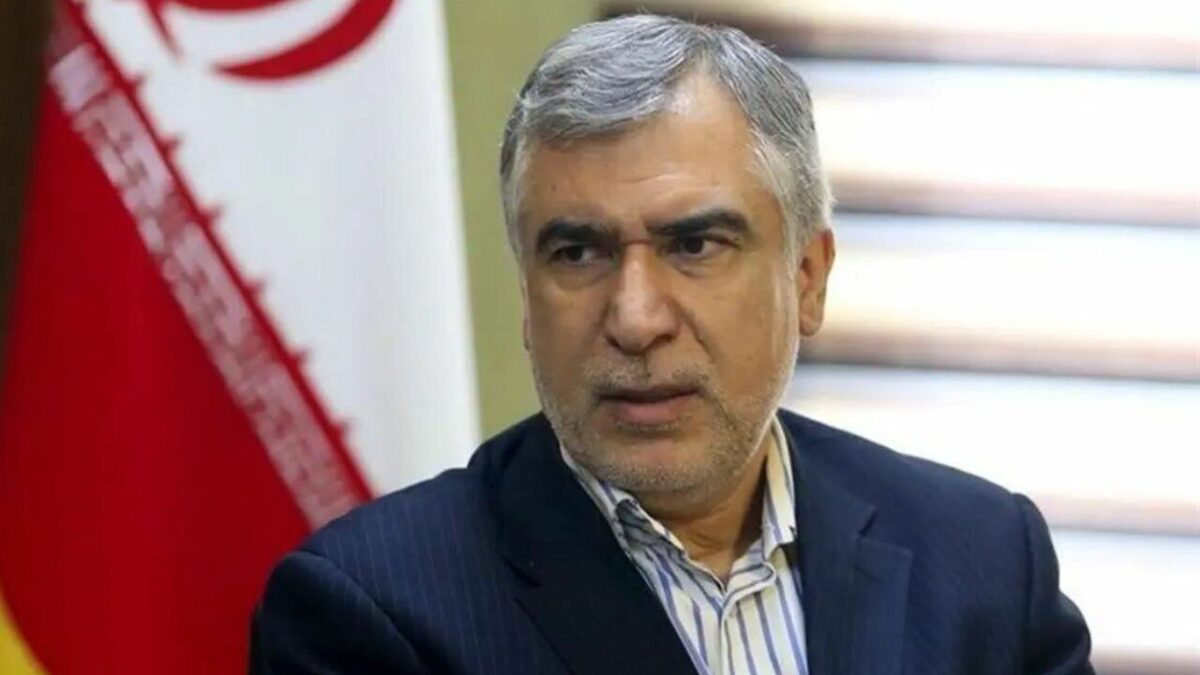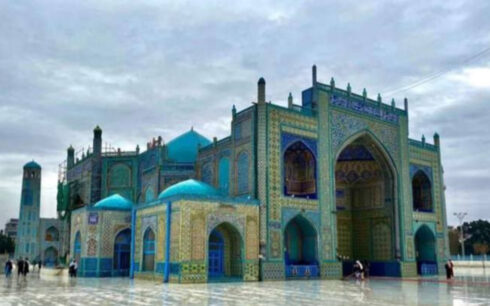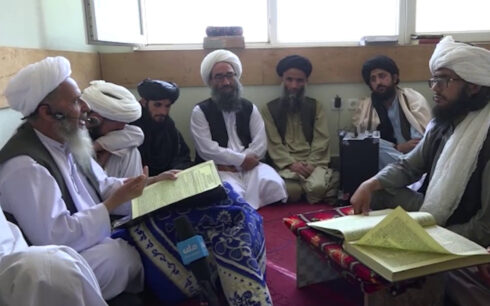TEHRAN — A member of Iran’s parliament has accused Turkey of pursuing policies in Afghanistan that harm Iran’s interests, including the construction of dams that could exacerbate tensions over shared water resources.
Abolfazl Zohrevand, a member of the parliament’s National Security and Foreign Relations Committee, voiced his criticism on Monday, saying that Iran’s rivals, including Turkey, Azerbaijan, and Qatar, have gained influence in Afghanistan at Iran’s expense.
“Turkey is constructing numerous dams in Afghanistan, and this is detrimental to Iran,” Zohrevand said, according to remarks reported by Didban Iran. He added, “Unfortunately, when addressing these issues, a comprehensive view is lacking, and the result is what we see today.”
Tensions over water rights
Iran has faced disputes with the Taliban over its rights to water from the Helmand River since the group regained control of Afghanistan in August 2021. These disagreements have strained relations between the two neighbors, despite the Taliban’s attempts to normalize ties with Tehran.
Zohrevand pointed to the construction of the Bakhshabad Dam on the Farah River in western Afghanistan as an example of policies he claims are supported by Turkey to pressure Iran. “Water is a strategic element in our relations with Afghanistan,” he said. “Unfortunately, due to the lack of a comprehensive approach in recent years, we have suffered losses, and those advocating full engagement with the Taliban are not addressing these damages.”
Concerns over regional influence
Zohrevand also warned of the growing influence of “Ikhwanism” (a reference to ideologies associated with the Muslim Brotherhood) near Iran’s eastern border with Afghanistan. He described the movement as “anti-Iranian and anti-Shia,” saying it poses a direct threat to Iran’s identity and interests.
“This ideological current is moving toward us, and we must consider it when shaping our relations with Turkey, Azerbaijan, and the Taliban,” Zohrevand said. “Unfortunately, those responsible for managing Afghanistan’s affairs in the past failed to address this issue, and now we see its manifestations.”
Iran has historically maintained close ties with Afghanistan’s Shia minority and supported Shia political parties and factions in the country. However, Tehran has grown increasingly concerned about the influence of Sunni extremist movements entering Iran through its shared border with Afghanistan, particularly near the predominantly Sunni regions of eastern Iran.
Afghanistan’s Islam Qala border crossing in Herat Province and the Zaranj crossing in Nimroz Province are both key points of connection between Afghanistan and Iran.
Zohrevand’s comments underscore broader regional tensions as Iran navigates its relationships with neighboring Afghanistan and regional powers like Turkey, Azerbaijan, and Qatar. These dynamics are likely to remain a focal point of Tehran’s foreign policy as it seeks to balance domestic security concerns with its broader geopolitical objectives.





